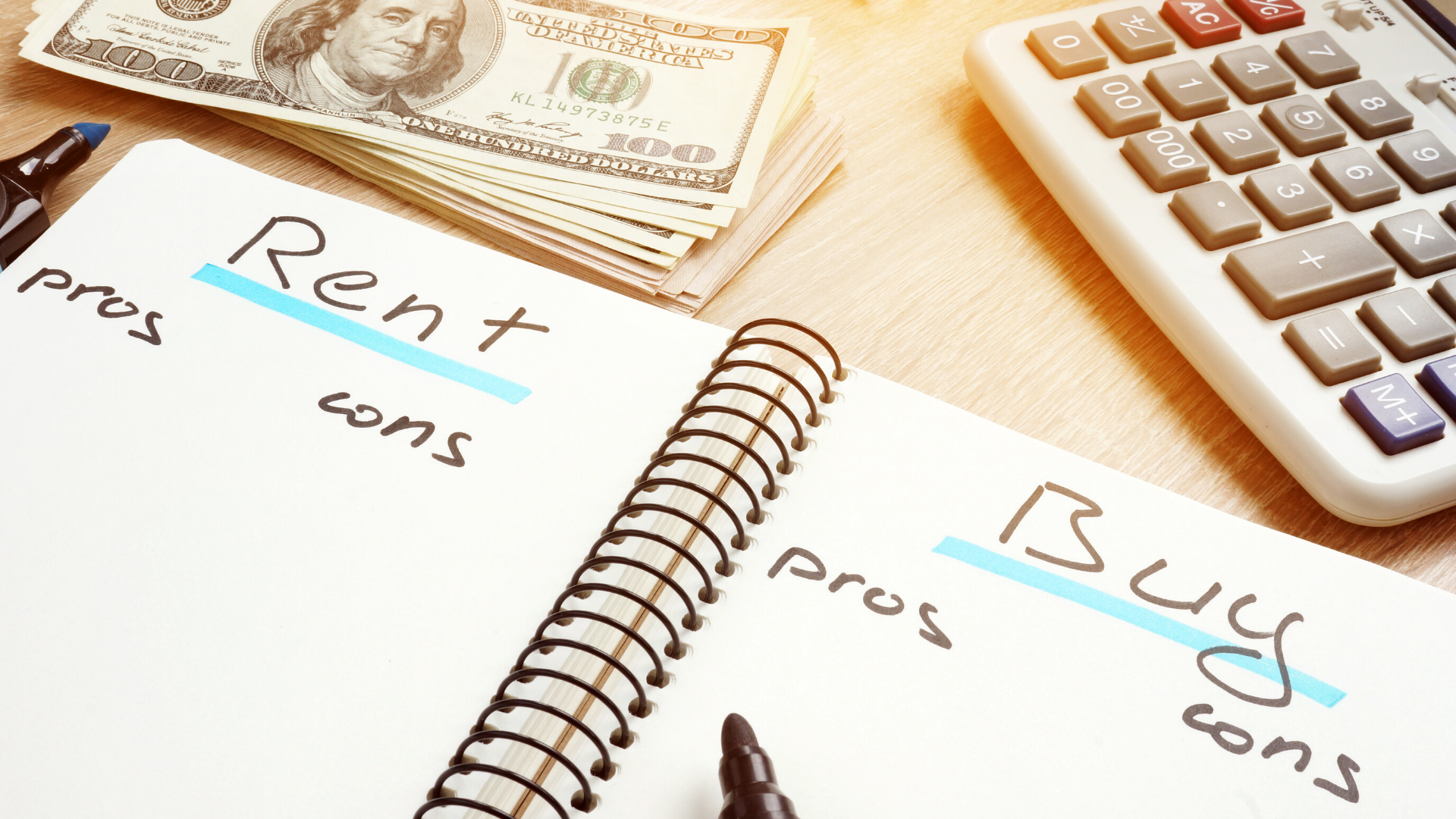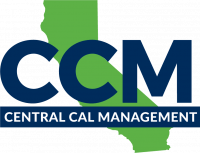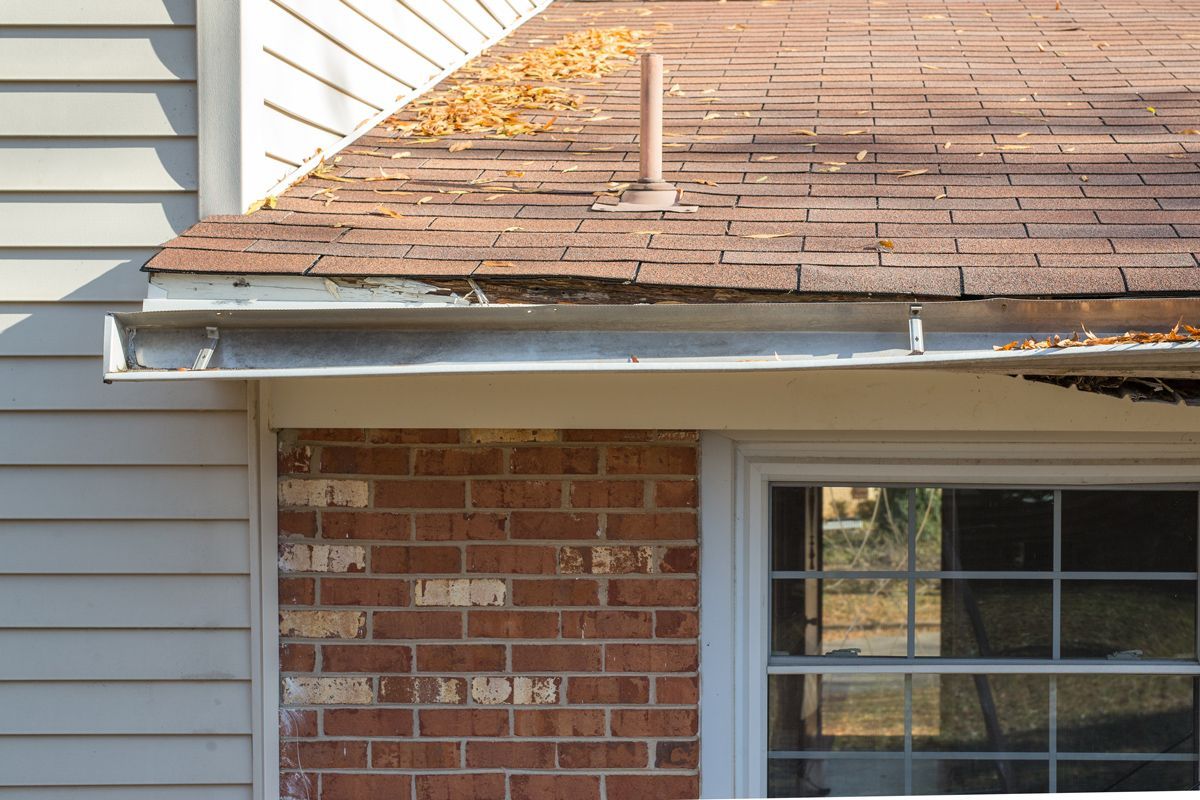
Weighing the Pros and Cons of Renting vs Buying a Home
The decision to rent or buy a home is one that many individuals find themselves contemplating at some point in their lives. With the real estate market constantly evolving and personal circumstances playing a critical role, it's essential to weigh the pros and cons of each option before making such an important financial commitment. In this comprehensive article, we will delve into the ultimate guide that explores all aspects of renting versus buying a home. Whether you are a first-time renter or aspiring homeowner, our goal is to equip you with invaluable knowledge and insights so that you can make an informed decision best suited for your current situation and long-term goals. From financial considerations to lifestyle factors, this guide will provide thorough analysis on both sides of the renting versus buying debate, empowering you with the information necessary for navigating through this significant life choice hassle-free.
Financial Considerations: Comparing the costs of renting versus buying a home
Renting Costs:
- Monthly rent payments are typically lower than mortgage payments, making it more affordable for many individuals.
- Rental properties often include maintenance and repair costs in the monthly rent, saving renters from unexpected expenses.
- Renters do not have to worry about property taxes or homeowner's insurance, as these responsibilities fall on the landlord.
Buying Costs:
- Owning a home requires a significant upfront investment that includes a down payment, closing costs, and other associated fees.
- Mortgages often have higher monthly payments than rental prices due to interest rates and loan terms.
- Homeowners are responsible for all maintenance and repairs, which can result in unforeseen expenses.
When deciding between renting and buying a home, it is crucial to consider your financial situation. While renting may provide immediate cost savings and fewer financial responsibilities, owning a home offers long-term equity building opportunities.
Flexibility and Freedom
No Long-term Commitment
Renting a home offers the advantage of not having to make a long-term commitment. Unlike buying a home, renting allows individuals to choose the length of their lease term, which can range from months to years. This flexibility is particularly beneficial for those who may need to relocate frequently due to work or personal reasons.
Lower Financial Obligations
When renting a home, individuals are not burdened with hefty financial obligations like mortgage payments or property taxes. Renters only have to pay their monthly rent and utilities, leaving them with more disposable income that can be allocated towards other expenses or savings goals.
Opportunity for Upsizing or Downsizing
Renting provides the opportunity for easier upsizing or downsizing as needs change over time. If a person's family expands, they can easily move into a larger rental property without the hassle of selling an existing home and purchasing another one. Likewise, if someone wants to downsize after their children have moved out, they have the freedom to do so without being tied down by homeownership responsibilities.
Overall, renting offers flexibility and freedom that allows individuals to adapt their living situation based on their changing needs and circumstances without sacrificing financial stability.
Building Equity
Owning a home allows you to build equity, which is one of the biggest advantages compared to renting. Equity refers to the value that you have in your home after subtracting any remaining mortgage debt. As you make monthly mortgage payments, a portion goes towards paying off the principal amount borrowed and another portion goes towards interest. Each payment builds equity, as it increases your ownership stake in the property.
Building equity provides both financial stability and potential for wealth creation. Unlike renting, where monthly payments only cover living expenses without offering long-term benefits, homeownership allows you to invest in an asset that can appreciate over time. The more years you spend paying down your mortgage, the greater your portion of ownership becomes and may result in significant financial gains when it comes time to sell.
Here are some key points explaining how homeownership helps build equity:
- Property Appreciation: Over time, real estate generally tends to appreciate in value due to factors like location desirability or market conditions.
- Forced Savings: Paying off a mortgage is essentially forced savings - each payment reduces what is owed on the loan while simultaneously increasing your ownership share.
- Accessible Capital: Home equity can be used as collateral for loans or lines of credit if ever needed for major life events such as education expenses or unexpected medical bills.
By building equity through homeownership instead of continually paying rent with no return on investment, individuals have the opportunity for future financial freedom and greater control over their housing situation.
Maintenance and Repairs
Responsibilities of Renters
- Maintenance: Renters are typically not responsible for major maintenance and repairs in the home or apartment they are renting. This includes problems with plumbing, heating, electrical systems, and structural issues. Instead, it is the responsibility of the landlord to address these issues promptly.
- Minor Repairs: While tenants don't have to worry about major repairs, they are generally expected to take care of minor repairs such as changing light bulbs, unclogging drains, and fixing small damages that occur during their tenancy.
- Regular Cleaning: Renters need to maintain a clean living space by regularly cleaning up after themselves and keeping the property tidy.
Responsibilities of Homeowners
- All Maintenance and Repairs: Homeowners are solely responsible for all maintenance and repair costs associated with their homes. From fixing leaky roofs to replacing broken appliances, homeowners need to budget for unexpected expenses that may arise over time.
- Routine Upkeep: In addition to addressing repairs as they occur, homeowners must also perform routine upkeep tasks such as lawn care, snow removal, gutter cleaning, painting the exteriors when needed. These regular maintenance activities help preserve the value of their property.
- Investment in Home Improvements: Unlike renters who may be limited on making significant changes without permission from landlords; homeowners have complete freedom to invest money into home improvements like remodeling kitchens or bathrooms based on personal preference or increasing resale value.
Renters can enjoy a relatively hands-off approach when it comes to maintenance and repairs compared to homeowners who bear sole responsibility for all aspects related fall under finding professionals dealing with plumbing emergencies or tending lawns themselves while also shouldering financial burdens associated with maintaining one's own space; however renters must still follow simple housekeeping practices like keeping spaces neat & minor DIY fixes.
Tax Implications
When it comes to taxes, both renting and buying a home have different implications.
Renting:
- No mortgage interest deduction: Unlike homeowners, renters do not get the benefit of deducting their mortgage interest payments from their taxable income.
- Fewer deductions: While homeowners can often deduct expenses such as property taxes and some closing costs, renters generally have fewer opportunities for deductions.
Buying:
- Mortgage interest deduction: Homeowners can typically deduct the interest they pay on their mortgage loans from their annual taxable income.
- Property tax deduction: Another advantage of owning a home is being able to deduct your property taxes from your tax bill.
- Possible capital gains exclusion: If you sell your primary residence after living in it for at least two out of the last five years, you may be eligible for a capital gains exclusion of up to $250,000 (or $500,000 if married filing jointly).
Understanding these taxation differences between renting and buying can help you make an informed decision about whether renting or buying is the better option for you financially.
Market Conditions
Current Real Estate Trends:
- The real estate market is influenced by various factors, such as interest rates, economic conditions, and supply and demand.
- Currently, there is a high demand for rental properties due to a number of reasons including flexibility, affordability concerns in many markets and the growing trend of choosing renting over buying.
- On the other hand home prices have been steadily increasing in recent years making it more difficult for first-time buyers to enter the market.
Impact on Renting:
- As demand for rental properties rises, so do rental prices. This can make it challenging for individuals or families with limited budgets who are looking to rent a home.
- However, renting offers benefits such as flexibility – allowing people to easily move locations without having to worry about selling a property - which makes it appealing especially among younger generations who value mobility and changing lifestyles.
Impact on Buying:
- Increasing home prices can deter potential buyers from entering the market or limit their options if they are unable to afford higher-priced homes.
- However owning property has advantages like building equity over time - resulting in an asset that grows in value which could benefit homeowners when they decide sell their property later.
In summary depending on current trends either renting or buying might be seen as favorable given specific individual circumstances liked financial situation or lifestyle preferences. Deciding whether one should buy or rent ultimately depends on careful consideration of multiple factors.
Long-Term Investment
Purchasing a home can be a long-term investment with the potential for substantial returns. Here are some key points to consider:
- Equity: Unlike renting, homeowners build equity in their property over time. As monthly mortgage payments are made, the homeowner's ownership stake increases, allowing them to potentially benefit from any appreciation in housing prices.
- Tax advantages: Homeowners may enjoy certain tax benefits that renters do not have access to. For instance, mortgage interest and property tax deductions can help lower their taxable income.
- Stability: Owning a home provides stability and peace of mind. Renters face the risk of increasing rental rates or eviction notices, while homeowners have more control over their living situation.
Overall, purchasing a home has the potential for long-term financial gains through equity growth and advantageous tax benefits. It also offers stability and control over one's living situation compared to renting.
Lifestyle Factors
When making the decision between renting and buying a home, it is crucial to consider your personal lifestyle factors. Here are a few key aspects to contemplate:
- Flexibility and Mobility: Renting offers greater flexibility and mobility compared to buying a home. If you value the freedom to move frequently or explore different neighborhoods, renting may be the better option for you.
- Maintenance Responsibilities: Owning a home comes with several maintenance responsibilities, such as repairs, renovations, and yard work. Renting relieves you of these burdens since your landlord typically takes care of them.
- Financial Stability: Analyzing your financial stability is vital when considering whether to rent or buy. Buying a home requires significant upfront costs like down payments, closing costs, and ongoing expenses such as property taxes and insurance. Renting allows for more immediate affordability without long-term financial commitments.
By taking into account these lifestyle factors, you can make an informed decision that aligns with your personal preferences and circumstances.
Which Option is Best For You?
The decision of whether to rent or buy a home ultimately depends on your unique circumstances and priorities. If you value financial flexibility and adaptability, renting may be the better choice, offering lower initial costs and fewer long-term commitments. On the other hand, buying a home can be a long-term investment with the potential for substantial returns, providing equity growth and tax advantages. Your choice should align with your financial situation, lifestyle preferences, and long-term goals, as there is no one-size-fits-all answer to which option is best for you.
Ready to crunch the numbers? Try our
Rent or Buy Calculator to make an informed housing decision.










